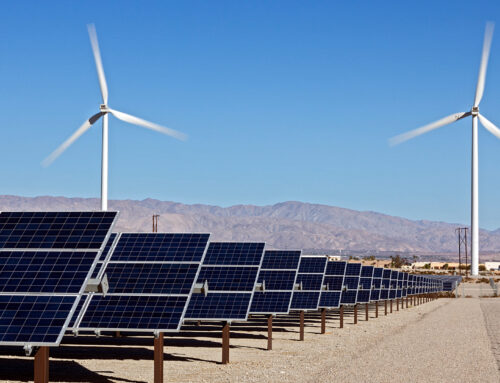What the tariff pause and China escalation mean for Apple shares
April 11, 2025
Apple shares pulled back on Thursday after President Donald Trump escalated his stance on tariffs against China, raising questions on just how hard the iPhone maker could be hit. On Thursday, the megacap technology name dropped nearly 5% in afternoon trading, reversing some of the more than 15% gains seen in the previous session. Wednesday’s jump came after Trump said he was temporarily reducing his new tariff rates on imports from most countries to 10% for 90 days. However, Trump also hiked his levies on Chinese imports, effectively bringing the U.S. tariff rate on that country to 145% , a White House official confirmed to CNBC on Thursday. Given that Apple has relied heavily on China for its manufacturing, some analysts have said the company may have to raise prices to offset any effects from the tariffs. Analyst Cherry Ma at Macquarie Equity Research thinks product price hikes are likely “inevitable.” “We think a global-scale price hike in the coming iPhone 17 series is more likely than a US-only price hike driven by price harmonisation strategy justified by the major feature upgrades we expect to see (new cameras, a new slim form factor and new Pro casing design),” she wrote in a Thursday note. If the “reciprocal” tariffs remain in place beyond the coming months, Ma expects a new iPhone price hike of between 13% and 21% globally. Similarly, she anticipates that Mac will face the strongest price increases at 32% to 43%, followed by iPad at 21% to 28% and AirPod and Apple Watch at 13% to 20%. The analyst also thinks Apple’s supply chain is not likely going to the U.S. anytime soon, adding that Asia will remain as the company’s “key region production hub.” “We think supply chain and logistics arrangements in other [Association of Southeast Asian Nations] countries are still underdeveloped, and local talents are not yet ready for a large-scale move, despite having lower import tariff rates than Vietnam and China,” Ma continued. In contrast to Ma’s stance, Apple may not have to raise prices, according to Morgan Stanley. Instead, analyst Erik Woodring said “fast-ramping” production in India as well as a “targeted” shift in iPhone mix could minimize the tariff headwind. “[I]f Apple is able to shift demand towards higher-margin iPhone models, it can lessen the blow from China tariffs as India production also ramps,” Woodring wrote in a Thursday note. “Synthetically, this means iPhone [average selling prices] will increase, but a 256GB iPhone 17 Pro will remain the same price as a 256GB iPhone 16 Pro ($1,099).” AAPL 1D mountain AAPL, 1-day Thursday’s move lower places Apple’s loss in the past week at almost 7%. It has also fallen more than 24% year to date.
Search
RECENT PRESS RELEASES
Related Post


